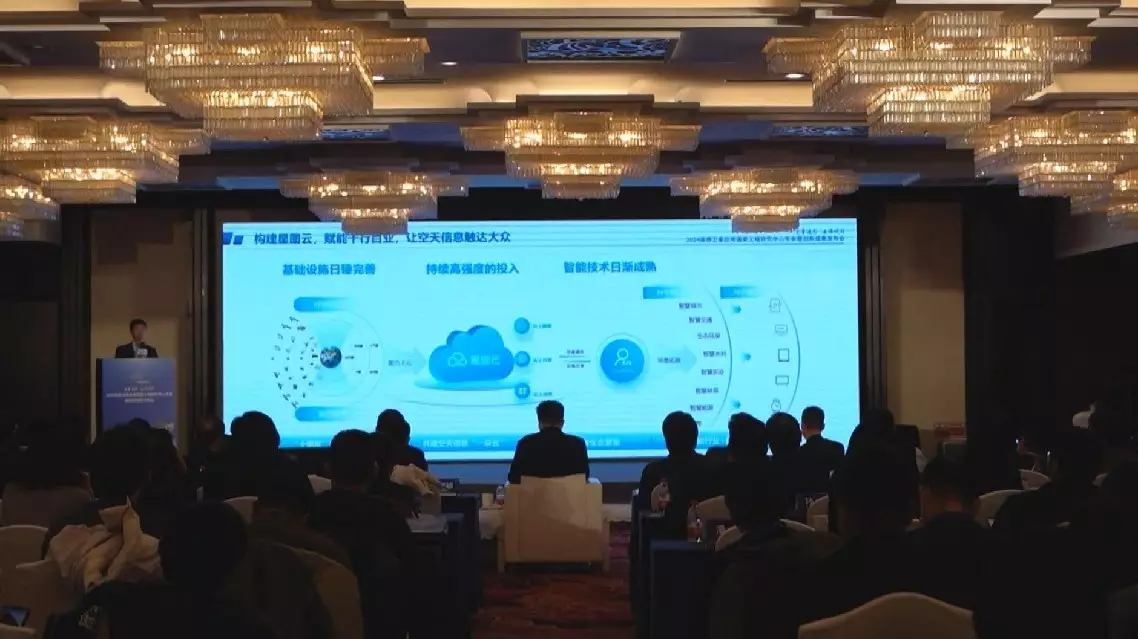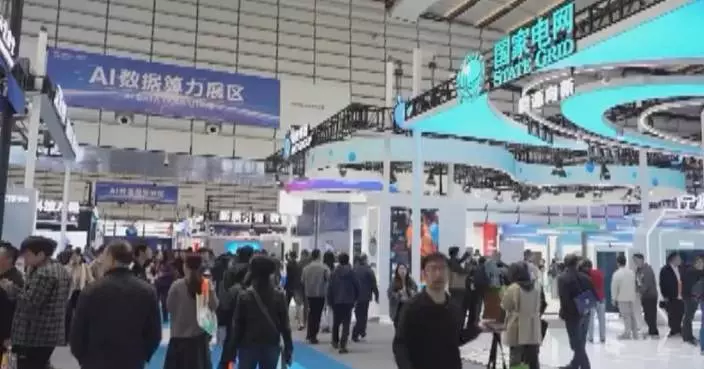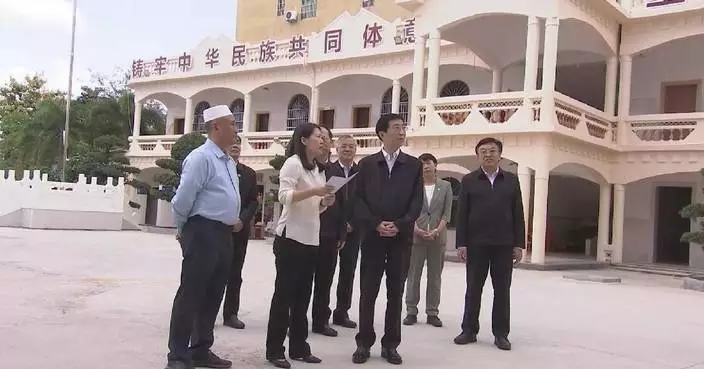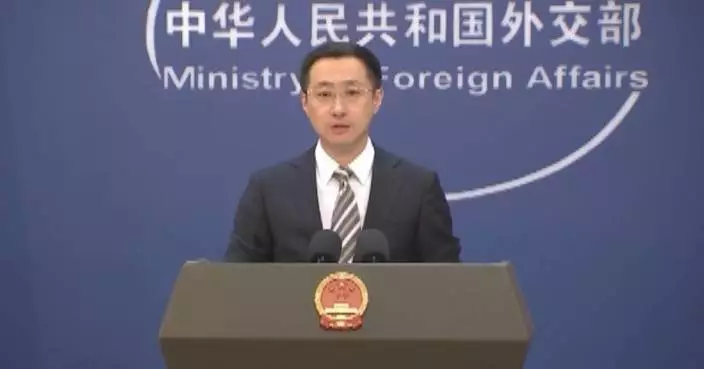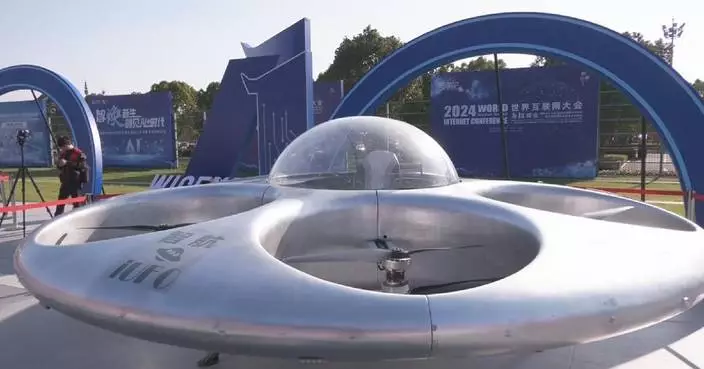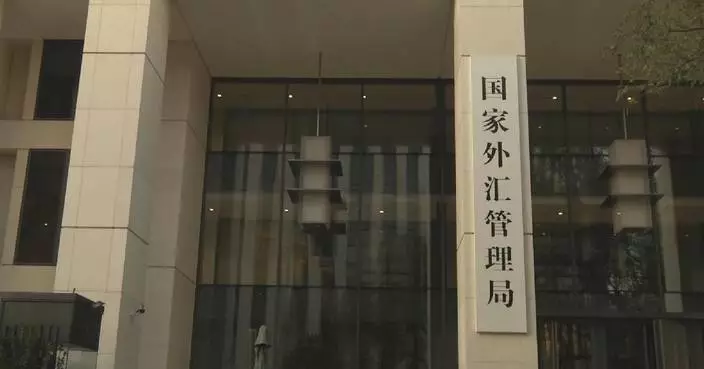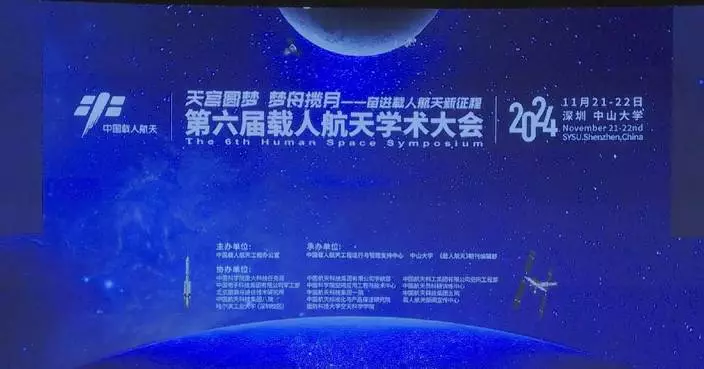The Iranian Foreign Ministry and the Atomic Energy Organization of Iran on Thursday condemned the United States, Britain, France and Germany over their disruptive action of pushing the UN atomic watchdog to adopt a non-consensus resolution aimed at pressuring Iran into fresh nuclear talks.
In a joint statement moments after the resolution by the International Atomic Energy Agency (IAEA), Iran pointed out that the Iranian nuclear issue is just an excuse for these countries to advance their illegitimate objectives.
The IAEA's 35-nation Board of Governors passed the resolution earlier in the day again ordering Iran to urgently improve cooperation with the agency and requesting a "comprehensive" report. China, Russia and Burkina Faso voted against the text. Nineteen countries voted in favor and 12 developing countries including South Africa, India and Egypt abstained.
The joint statement said that the principled policy of Iran has always been to engage constructively with the IAEA within the framework of rights and obligations enshrined in the Comprehensive Safeguards Agreement and the Treaty on the Non-Proliferation of Nuclear Weapons (NPT).
It said that the incumbent Iranian government has prioritized the continuation and enhancement of cooperation with the IAEA since its inception, expecting to resolve related issues.
While under such circumstances, the United States and the three European nations did not abide by their commitments, resorting to confrontational and unjustifiable action of proposing resolution against Iran at the meeting of the IAEA's Board of Governors, said the statement.
The politicized and disruptive approach once again showed that the Iranian nuclear issue is just an excuse for the Western nations to advance their illegitimate objectives, according to the Iranian statement.
The Iranian government had announced that it would respond to any party's abuse of the IAEA to further their illegitimate political objectives and has communicated with the IAEA's Director General about its potential response.
The president of the Atomic Energy Organization of Iran has also issued orders to take measures, including the installation of a large number of advanced centrifuges of various models, according to the statement.
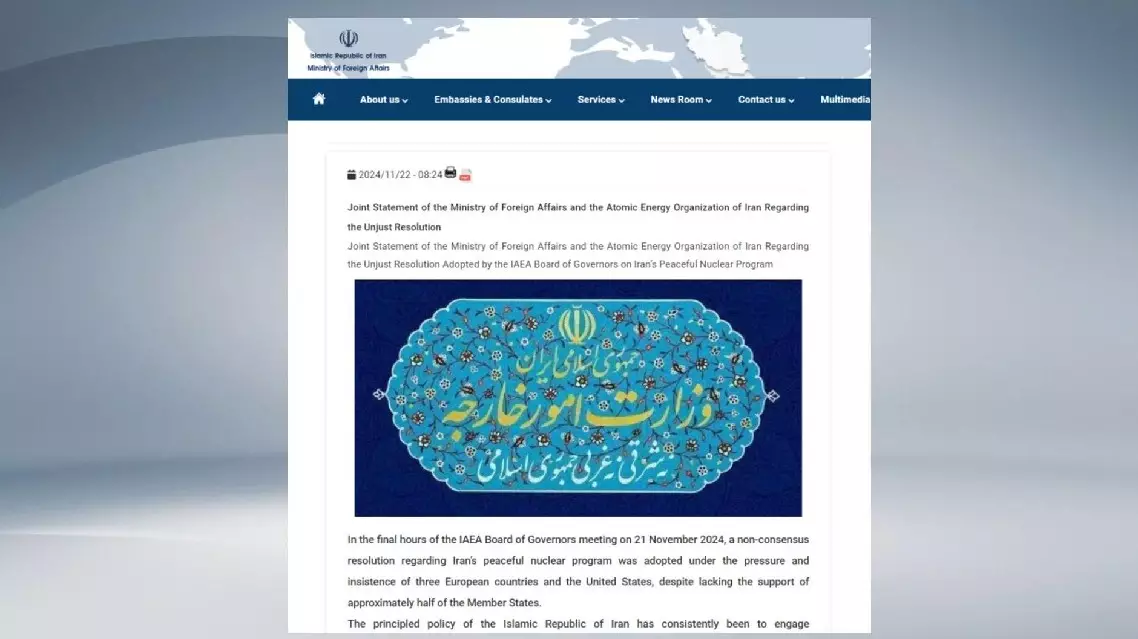
Iran condemns Western powers for disruptive action in resolving nuclear issue
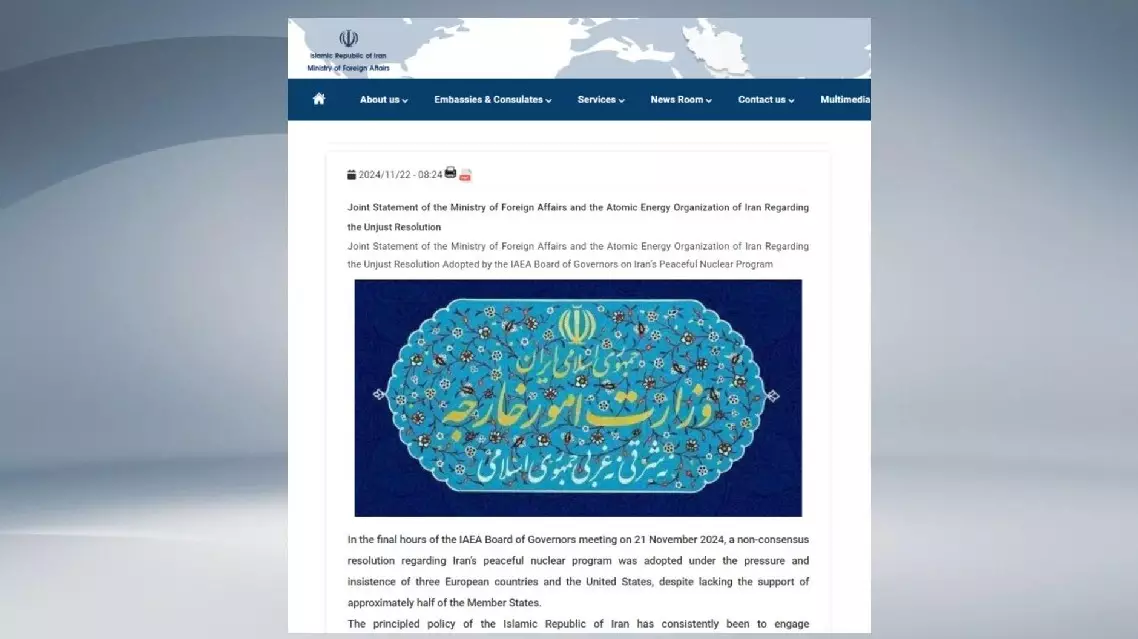
Iran condemns Western powers for disruptive action in resolving nuclear issue


